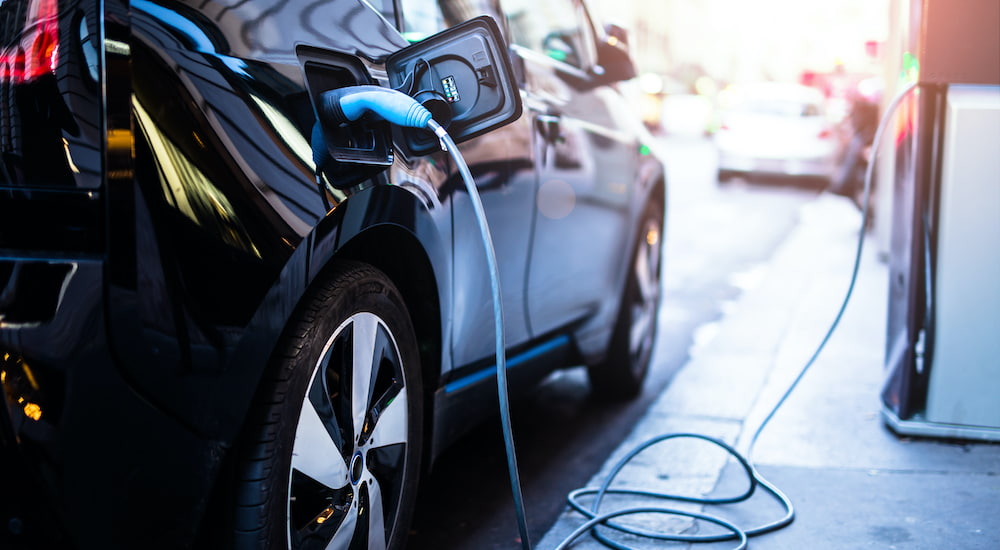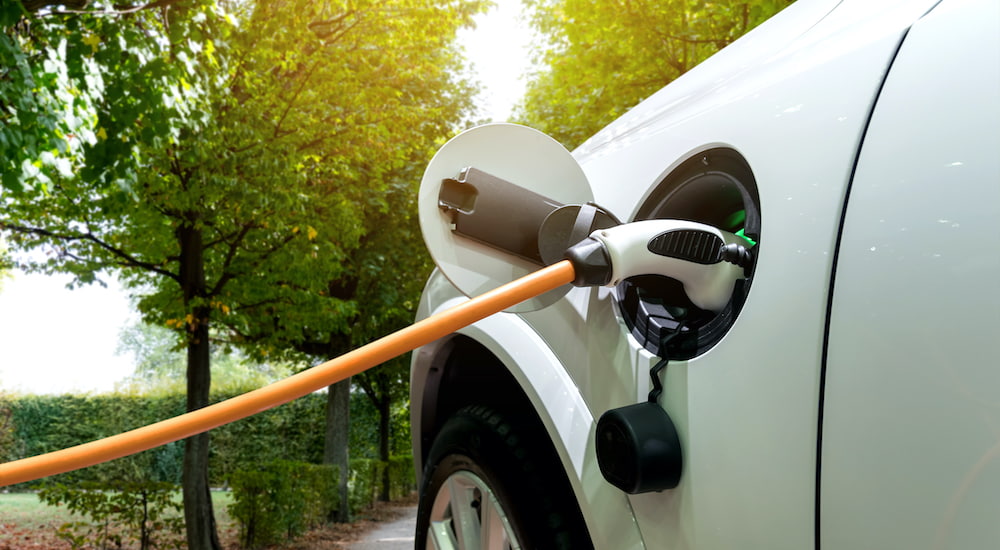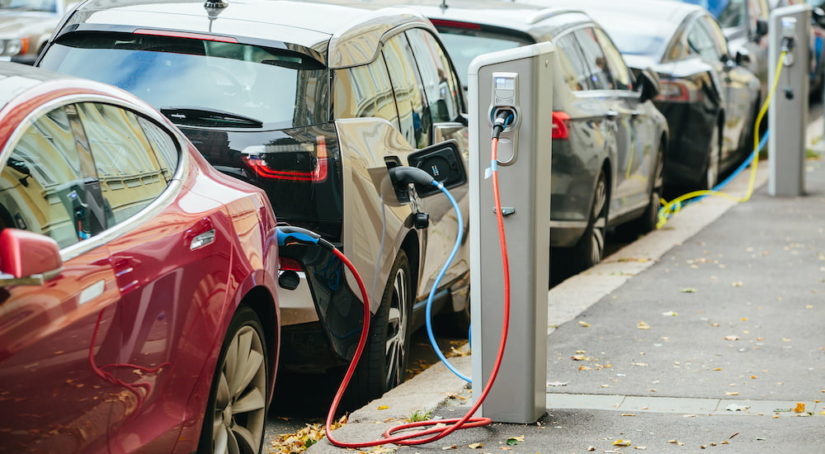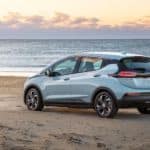Whether you’re in the market for a new car right now or looking ahead to your next vehicle in a few years, you should be considering an Electric Vehicle (EV). At this point, there’s simply no denying that the future of the auto industry will be EV models, as pretty much every major manufacturer has made some sort of commitment to making more of these vehicles in the next few years. In fact, brands like GM have set goals to not just offer more EVs for customers but to exclusively offer EV models in less than 15 years.
But are you ready to make the switch to EV? And, perhaps just as importantly, are you ready to make the switch and actually stick to it? A recent study and report was published in the Nature Energy journal, indicating that up to 18% of people who switch to an EV model from a gas vehicle end up switching back to a conventional gas-powered car afterward. Since that’s going to become less of an option for you – especially if you want a new car – it’s important to know why this happens and if you can avoid it. So let’s take a look at this topic and what it means for you when shopping for your next car.
The Statistics on Reverting from EV Models
A study was recently conducted by researchers at the University of California Davis; they surveyed more than 4,000 households, talking to drivers who own or had owned EVs. While this survey was specifically located and conducted in California, that should be a pretty good measure for things overall. In fact, California is one of the easiest states in the US for owning and using an EV since they have a large number of charging stations compared to a lot of other parts of the country.
What they found with their survey is that 18% of people who switched to an EV model ended up going back to a gas car with their next purchase. When they looked at people who bought a hybrid car, they found that 20% of them ended up switching back to a conventional gas-powered vehicle afterward. These numbers are pretty huge and provide a clear example of what some people have claimed: drivers often prefer going back to a conventional vehicle after trying a hybrid or an EV model.
The study didn’t just focus on the percentage of people who switched back, though that was certainly important. Just as important to the researchers was why people switched back after trying an EV model. This is not only useful from a purely academic approach, however, but can also give us some things to consider when shopping for a vehicle.

Why Do So Many People Switch Back?
There were a number of reasons that people switched back, all generally related to being dissatisfied with the experience of driving an EV. Gender had some influence on it (interestingly enough, women seem to be more likely to go back to a gas-powered car than men), but the biggest issues came down to charging and other vehicles in the household. Households with few vehicles tend to have multiple people relying on one car – if you have to worry about charging your car when not in use, this can become a headache.
Perhaps the largest issue that caused people to switch back was the inconvenience of charging, including not having a level 2 charger at home (surprise surprise!). This is exactly what a lot of critics of EVs have been saying for years, and it’s a criticism that makes sense. For many drivers, one of the biggest benefits behind the idea of owning an EV is the ability to have it charge when you don’t need it, so you never have to hit up a gas station. That’s a huge advantage, especially for people with a daily commute and who run a lot of errands.
But, if you don’t have a level 2 charger at home, then charging EVs with a standard outlet has typically been a very lengthy process. Even worse, if you live in an apartment or other location where you have to park on the street or somewhere other than an enclosed garage, you probably don’t have access to any kind of power outlet. That means the biggest single advantage of owning and enjoying an EV is completely nullified – and you’re stuck using public charging stations pretty much exclusively.
What Does This Mean for You?
I like looking at statistics and studies as much as the next guy, but what does this really mean for you? Why should you care? Well, the simple reason is that this gives you the advantage of learning from other people’s experiences – and their mistakes.
Most of the people who switched from a gas car to a hybrid or EV, and then switched back, did so because they found charging the vehicle to be a hassle. So consider these things when you look at your own situation and what it would be like to own and use an EV. Do you have an enclosed garage with a power outlet for level 1 charging? Moreover, would you be willing to have a level 2 charger installed to make charging an EV even easier?
If you’re answering “yes” to these questions, then you’ll probably be able to get the most out of owning an EV and really enjoy it. On the other hand, if you’re shaking your head and wondering how you’d realistically be able to charge your vehicle frequently, then an EV might still not be for you. As you’re shopping for a vehicle, these are the kinds of things that you need to consider, but they’re often easy to overlook. We get so wrapped up in horsepower, seating comfort, safety features, and other factors that we can forget to actually think about what it would be like to live with and use a vehicle every day.

How You Can Be Ready to Make the Switch
Charging is really going to be the major factor here. If you live in an apartment with assigned parking spots outside, or you have to park on the street where you live, then access to a charger overnight is going to be a problem. Getting ready to switch in that type of environment really won’t be easy – though you might see if a property manager or apartment owner would be interested in setting up charging stations or outlets.
But that’s a whole can of worms, I know.
Realistically, there are still going to be a lot of growing pains involved with companies switching to all-electric lineups over the next couple of decades. As this takes place, your best bet might be to wait and see for as long as possible, sticking with used models that offer conventional gas power for the foreseeable future. Of course, you can also plan for how your living situation might change. If you’re going to buy a house with a garage in the next decade, then an EV might be a realistic option for you sooner rather than later.
In the end, take this as a broader example too. When shopping for a vehicle, think about what it will be like to live with and use it every day. This can impact the size and type of model that’s right for you, along with a wide range of other features you should try to get. Don’t forget about this kind of big-picture stuff, and you’ll be more likely to be happy with the vehicle you buy.



